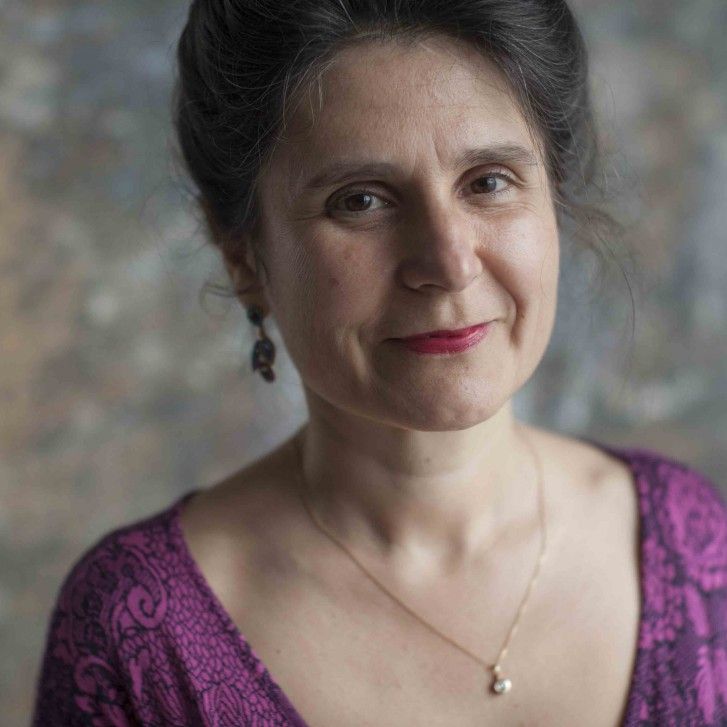"Understanding & Acting" conference
The imaginary of sovereignty: from the king to the people

Lecture by Sophie Wahnich, Director of Research at CNRS (IIAC/EHESS). Sophie Wahnich works between history, anthropology and political studies on the French Revolution. She questions our present by listening to the advice, opinions and perplexities experienced by our revolutionary ancestors. In order to pass between these ghostly figures and us, she trusts the emotions that unfold when injustice, betrayal, oppression fabricates the resistance of the actors who are trying to clear a revolutionary path. She has more particularly worked on emotions as a faculty of judgment during the revolutionary moment in the following books: L'impossible citoyen l'étranger dans le discours de la Révolution française, Paris Albin Michel 1997 - semi-pocket reprint 2010, La liberté ou la mort, essai sur la terreur et le terrorisme, La fabrique édition, 2003, (translation in English by Verso, in German by Matthes & Seitz, ), La longue patience du peuple, 1792 naissance de la République, Paris, Payot 2008, Les émotions la Révolution française et le présent, Paris CNRS éditions, 2009, La Révolution française n'est pas un mythe, Paris, Klincksieck, 2017.
Abstract: The king was not hated in 1789, far from it he was praised as a king who listened to his people, because the Third State, which then represented 97% of the French population, expected a lot from the States General convened for May 1789. But to understand the shift from monarchical sovereignty to popular sovereignty, it is necessary to take the measure of the shifts in social imaginations regarding the legitimacy of this sovereign power and how to exercise it. The social imaginary produces a reserve of political projections that are confronted with the roughness of the events that correct the images in a back and forth movement between imaginary, experience and reflexivity. In this capacity to project and criticize the present, emotions play a fundamental role.
This lecture will describe these movements, first from 1770 to 1789, then from 1789 to 1792, trying to show that the imaginary is always nourished by experience and critical reflection.
Translated with www.DeepL.com/Translator (free version)
To go further
- Videos
- Sophie Wahnich, « La démocratie prise en étau »
- Sophie Wahnich, « À propos de la fraternité ».
See also
Brouillon créé le 29 March 2023 à 15h16
10 January 2023
(Français) La notion de sobriété renvoie à une distinction implicite entre désirs et besoins, la distinction entre...
More infoWhy is sobriety necessary, and the obstacles to its implementation?
26 November 2019
(Français) La notion de sobriété renvoie à une distinction implicite entre désirs et besoins, la distinction entre...
More info



